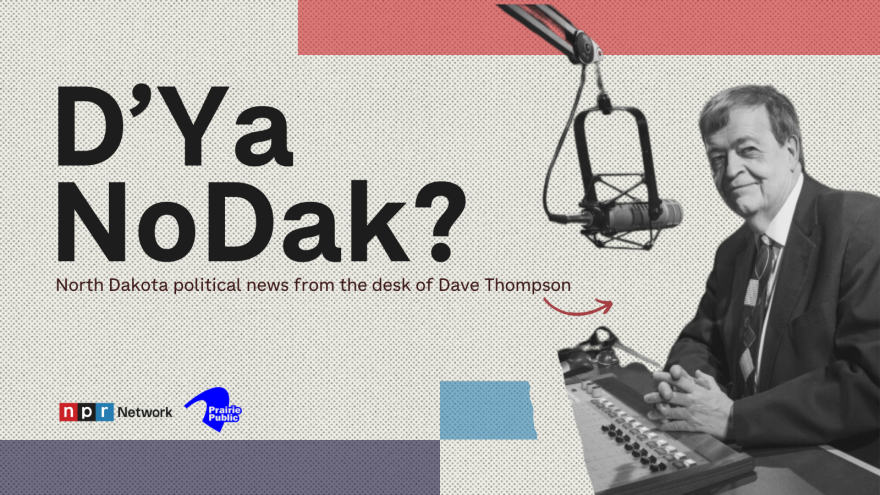You're reading our D'Ya NoDak newsletter, an update on North Dakota politics from Dave Thompson. Sign up here to get D'Ya NoDak delivered to your inbox every Tuesday.
—
"Petition" bill challenges the historic power of district conventions
Two bills seek to change the political party endorsement process, following contentious primary fights at the Legislative district level and at the state level.
As it is, a candidate who receives a nomination will have his or her name placed automatically on the primary ballot. A challenger would have to collect signatures on a petition, to mount a primary challenge.
This year, several endorsed GOP Legislative candidates were defeated in the primary. And that was the same for party-endorsed statewide candidates.
One bill would require every candidate to submit petition signatures to get on the primary ballot. The sponsor says 44 other states do it that way.
“Why let some political party insiders, a very small group of people in that district or in the state, decide who should be on that ballot?” Rep. Mike Nathe said.
The bill challenges the authority of the district conventions, and modifies the historic roots of North Dakota’s political power structure, which begins at the district convention level.
Another bill would reinforce the current power dynamic by stopping primary challenges, supporting what local and state conventions have decided.
Speaking of power: Who is Speaker of the House?
The job of the North Dakota Speaker of the House is a little less front-and-center than it is in Congress, or in other states.
But that doesn’t mean it isn’t important.
Current Speaker Rep. Robin Weisz (R-Hurdsfield) said the main jobs of the Speaker are to preside over House sessions, make occasional Parliamentary rulings, and assign introduced bills to committees. Weisz said while he is a member of the House Leadership team, he is “a speaker for all of the house.”
Speakers usually serve one term, or session, in that chair. The House Majority Leaders have more authority, and a more high-profile position.
From The Dave Files
Historically, primary challenges have happened in both parties. In 1992, then Senate Majority Leader Bill Heigaard (D-Langdon) won the support of the Democratic Convention. But afterwards, Attorney General Nick Spaeth defeated Heigaard in the primary. Spaeth eventually lost the Governor’s race to Republican Ed Schafer.
Then, in 2016, then Attorney General Wayne Stenehjem won the GOP endorsement for governor. But he lost to Fargo businessman Doug Burgum. Burgum did not seek the Convention endorsement.
And before that, in 2012, Kevin Cramer skipped the GOP convention to run in (and win) the primary for the US House seat.

